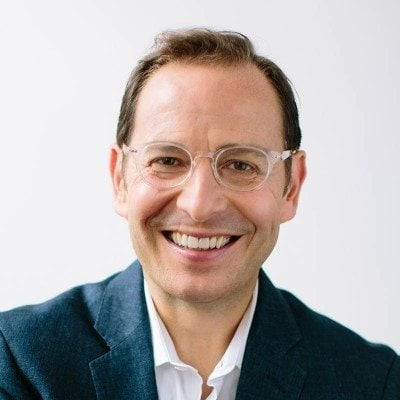A few weeks ago, I woke up to news that filled me with hope.
After nearly four decades, justice prevailed for 36 Indigenous Achi women who were raped and tortured by paramilitaries during Guatemala’s civil war. After enduring years of taunts, threats and outright denials, vindication came on January 25 when a tribunal sentenced their attackers to the maximum sentence of 30 years in prison for crimes against humanity.
In an interview on NPR, one of the survivors, Pedrina Lopez, said: “They’ve valued our testimonies…we told the truth.” Her words made me profoundly grateful for the role journalists play in our society and the work we do to bolster them.
For years, AJWS has been supporting Prensa Comunitaria, a grassroots media group that worked tirelessly to shine a light on these women’s truths. Despite threats from the military and legal setbacks in which several judges refused to even hear the case, these journalists pressed on to ensure that the stories of rape, torture and forced disappearances would not be forgotten. And it struck me that without their efforts, this painful history may have simply faded away.
Around the world, journalists are sounding the alarm for us to wake up to the injustices that surround us. They record uncomfortable truths and drag malfeasance from the shadows, all without knowing what the result will be. While two journalists won last year’s Nobel Peace Prize for “their courageous fight for freedom of expression,” most of this work goes uncelebrated. Many of these journalists face grave danger, risking their lives and livelihoods as those in power seek to silence the truth. Last year, according to media watchdogs, 488 journalists were jailed and 55 were killed. They are being targeted for investigating political corruption, critiquing authoritarian regimes and documenting atrocities like the genocide of the Rohingya people in Burma.
I am so proud that AJWS supports media organizations that enable journalists to accomplish their important work. For example:
- In Haiti, our grantee partner AyiboPost is fighting to save Haiti’s democracy. Against a turbulent backdrop of a presidential assassination, a devastating earthquake, gang violence and threats against the media, this group of independent journalists is investigating national scandals and political corruption so that Haitian people have access to the truth.
- In Uganda, our grantee partner the National Association of Professional Environmentalists (NAPE) uses its Community Green Radio station to help rural communities in the Albertine region fight back against companies that are polluting their lakes, decimating wildlife populations and threatening livelihoods. This team of journalists and activists is educating far-flung communities about their rights and bringing listeners together to take action.
- And in Cambodia, our grantee partner R&L Law Office is providing legal services to journalists and other human rights defenders challenging a repressive government that continues to undermine democracy by shuttering independent media outlets, among other measures.
I draw immeasurable hope from the courage of our grantee partners, and I hope that you do too. Their tireless work is a reminder that we can all play a role in creating a fairer future.
People often ask me, “Well, where do we start? The world is so vast, and the problems are so overwhelming.” In those moments, I reflect on the ancient Jewish teachings about caring for the stranger — the other. The Torah mentions this mandate 36 different times — more than any other commandment. And so we can start with something small, like sharing the stories that move us to amplify the work of journalists. The more we tell these stories, the more they take root in our collective conscience and grow and blossom in a way that moves us to action. And it is in the telling and retelling of stories that we can bring about justice — even four decades later.







